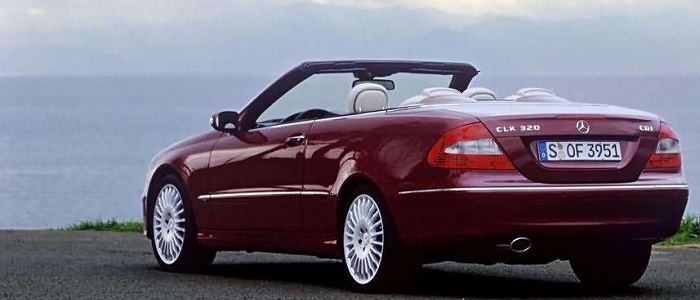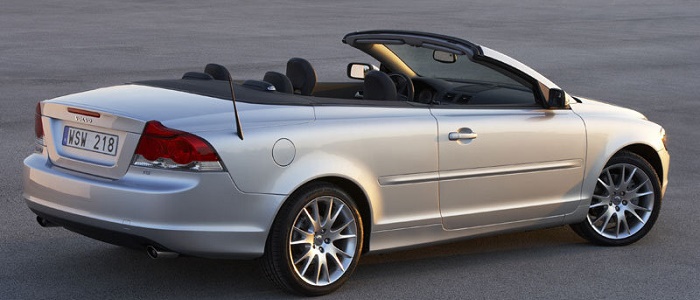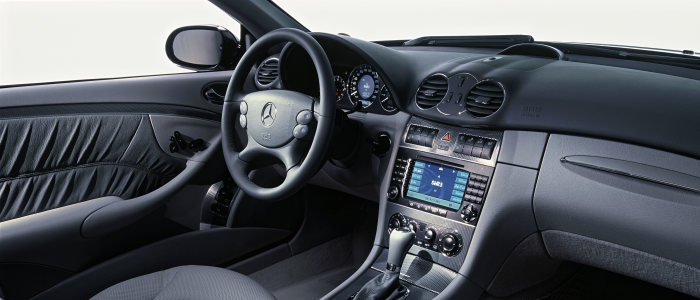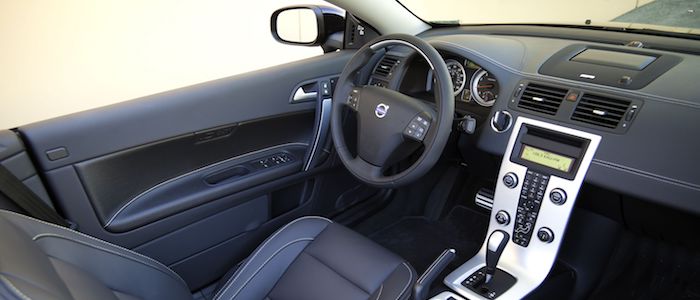Compare two cars
Compare any two cars and get our Virtual Adviser™ opinion
Dimensons & Outlines
Check vehicle history
Engine
3.5 M272 E35
Performance (manual gearbox)
Performance (automatic gearbox)
Expenses
Virtual Adviser's™ opinion
Two significantly similar cars, no doubt about that. Still, each one has something different to offer. Having both cars powered by petrol engines and utilizing the 2-door cabriolet body style within the same 'Sports car' segment, the only major difference here really is their wheel drive configuration (rear for the Mercedes Benz and front in the case of the Volvo). The first one has a Mercedes Benz-engineered powertrain under the hood, a 6-cylinder, 24-valves 272hp unit, while the other one gets its power and torque from a 5-cylinder, 20-valves 220hp engine designed by Volvo.
SafetyUnfortunatelly, neither of the two vehicles was submitted to the European New Car Assessment Programme (Euro NCAP) testing. This makes it virtually impossible for me to pick one over the other and I'm generally against buying such cars as the safety should really always come first. Moving further on, let's take a closer look at some additional safety-related facts. Both vehicles belong to the sports car segment, which is generally classifying them somewhere in the middle safety-wise, but it doesn't do much to help us decide between the two. Furthermore, if we'd like to consider vehicle mass in this context too, which we definitely should, the German car offers a marginal difference of 1% more metal.
ReliabilityManufacturers have been building their reliability reputation for decades now and, generally speaking, it appears that Volvo does have a slight advantage, when all the models are taken into account. These are the official statistics, while our visitors describe reliability of Mercedes Benz with an average rating of 4.3, and models under the Volvo badge with 3.2 out of 5. Independent research findings rank CLK as average reliability-wise, and C70 is more or less at the same level.Above it all, drivers of cars with the same engine as the German car rank it on average as 5.0, while the one under the competitor's bonnet gets 3.9 out of 5.
Performance & Fuel economyMercedes Benz is a bit more agile, reaching 100km/h in 0.9 seconds less than its competitor. In addition to that it accelerates all the way to 250 kilometers per hour, 10km/h more than the other car. When it comes to fuel economy the winner has to be the Swedish car, averaging around 9.1 liters of fuel per 100 kilometers (31 mpg), in combined cycle. We can't ignore that 11% difference compared to the German car.
Verdict
Mercedes Benz appears just a bit more reliable, although the difference is truly marginal. The most important thing when deciding between any two vehicles should always be safety, both passive and active. In my opinion, everything taken into account, the German car offers slightly better overall protection and takes the lead. It all continues in the same direction, with Mercedes Benz outracing its opponent in any situation possible, making it better choice for boy racers. It does come at a cost though, and that's the fuel consumption... At the end, as much as I'd like to give you a winner here, it's simply a pure tie if you ask me. Nevertheless, let's not forget that people have different preferences and needs, so what really counts is your personal feel. I'm only here to help. Also, you could use the oportunity to find out which car, everything taken into account, would be the perfect choice for you in the eyes of the virtual adviser™, among more than 12.000 different ones in our database.































